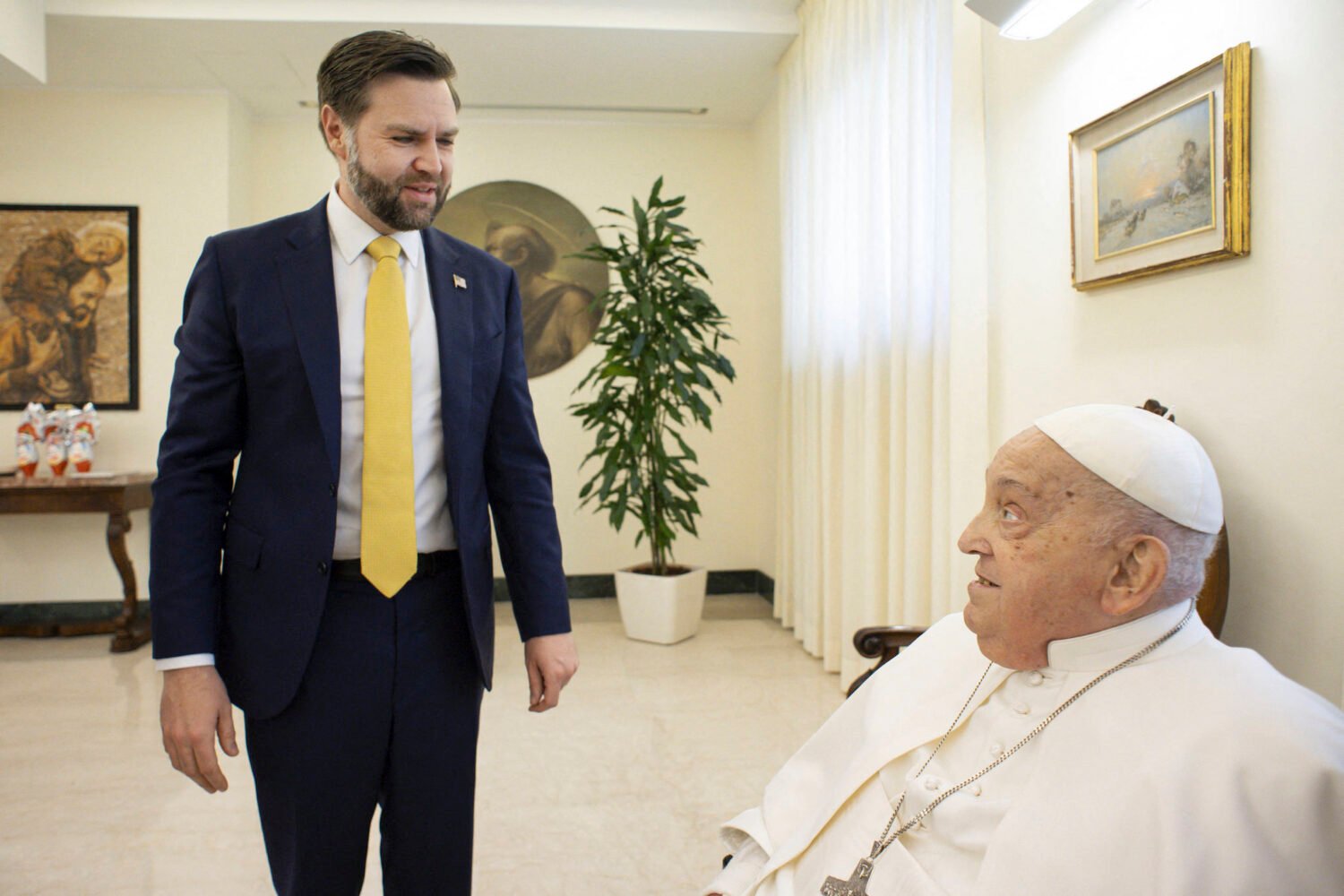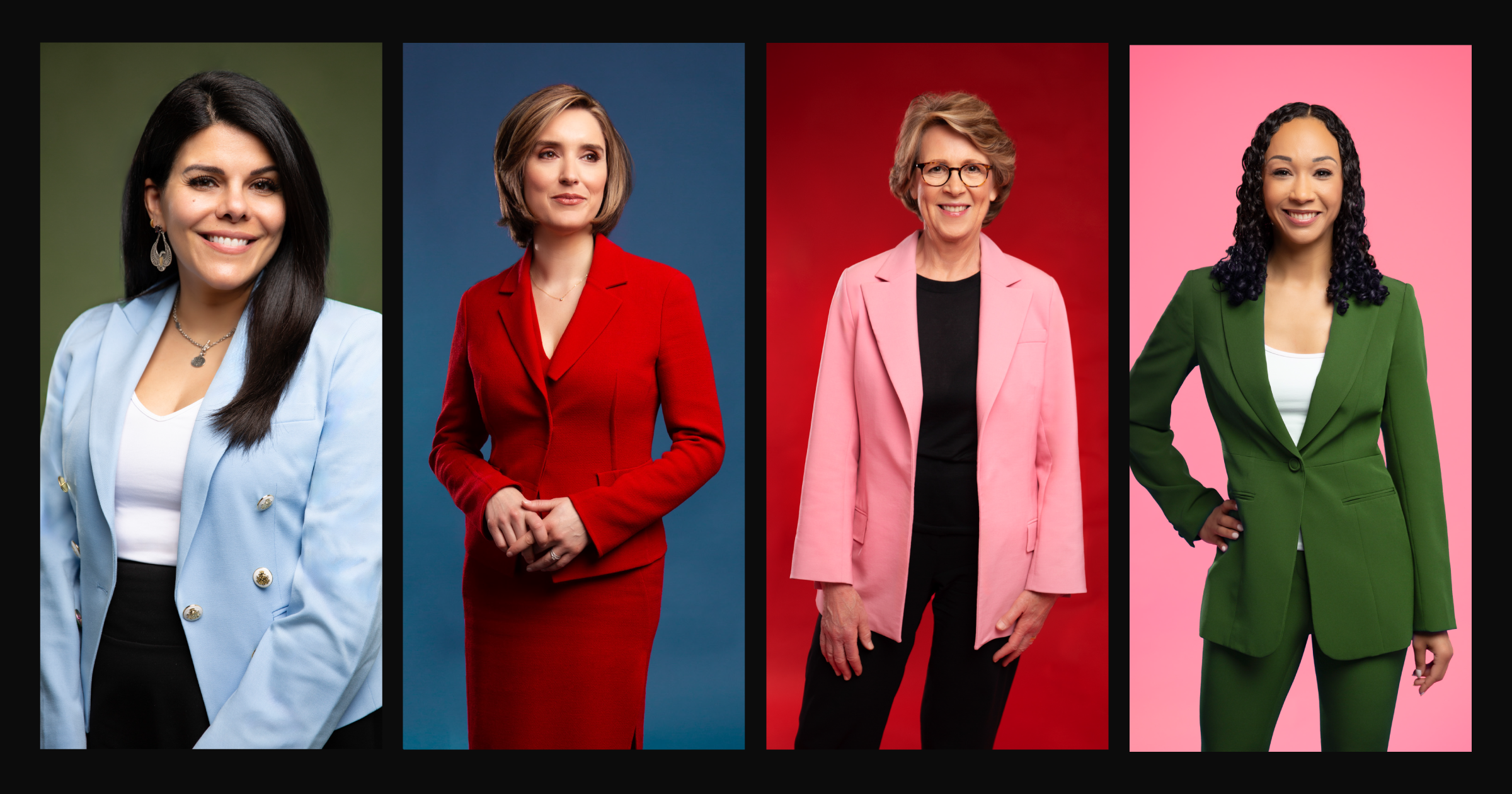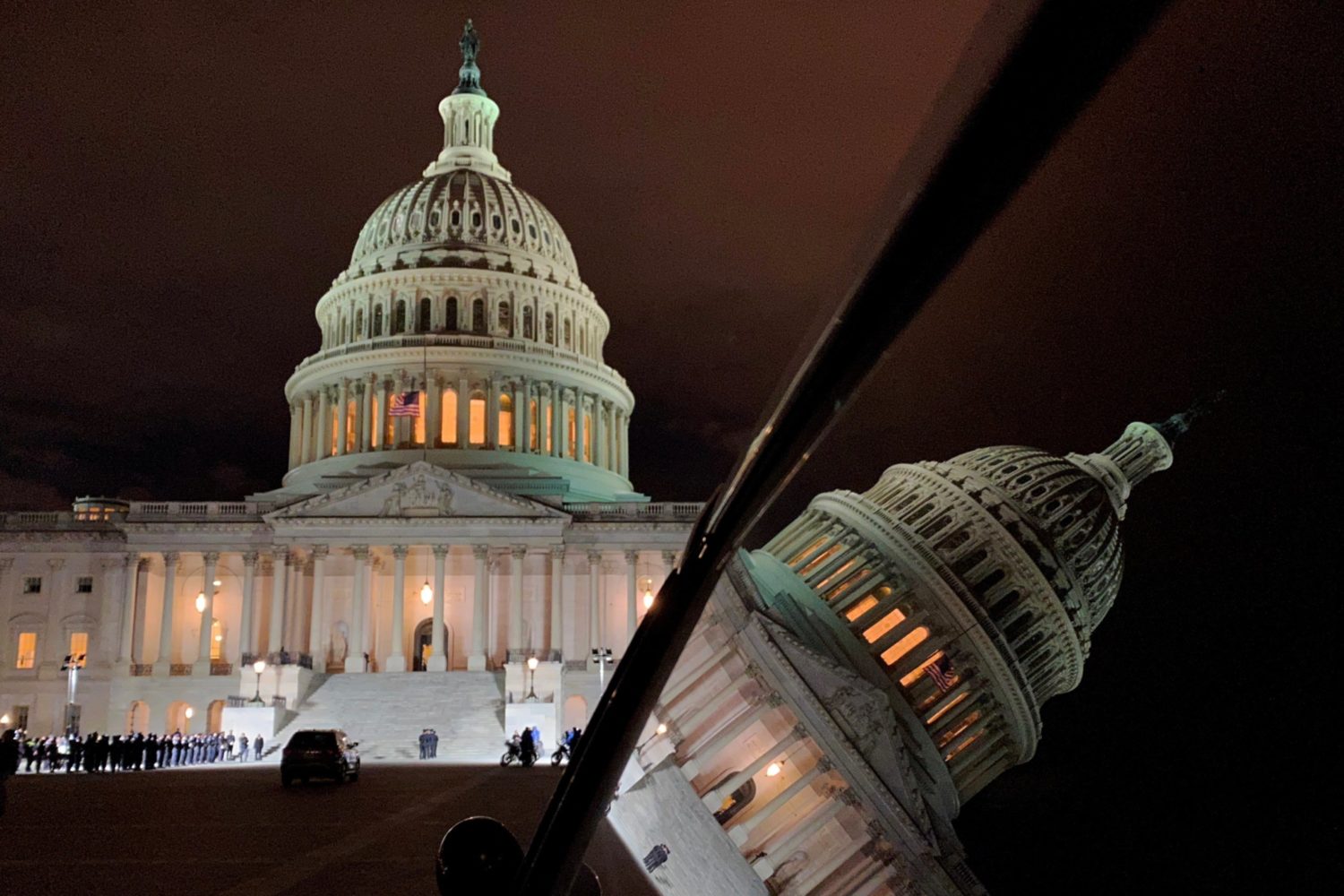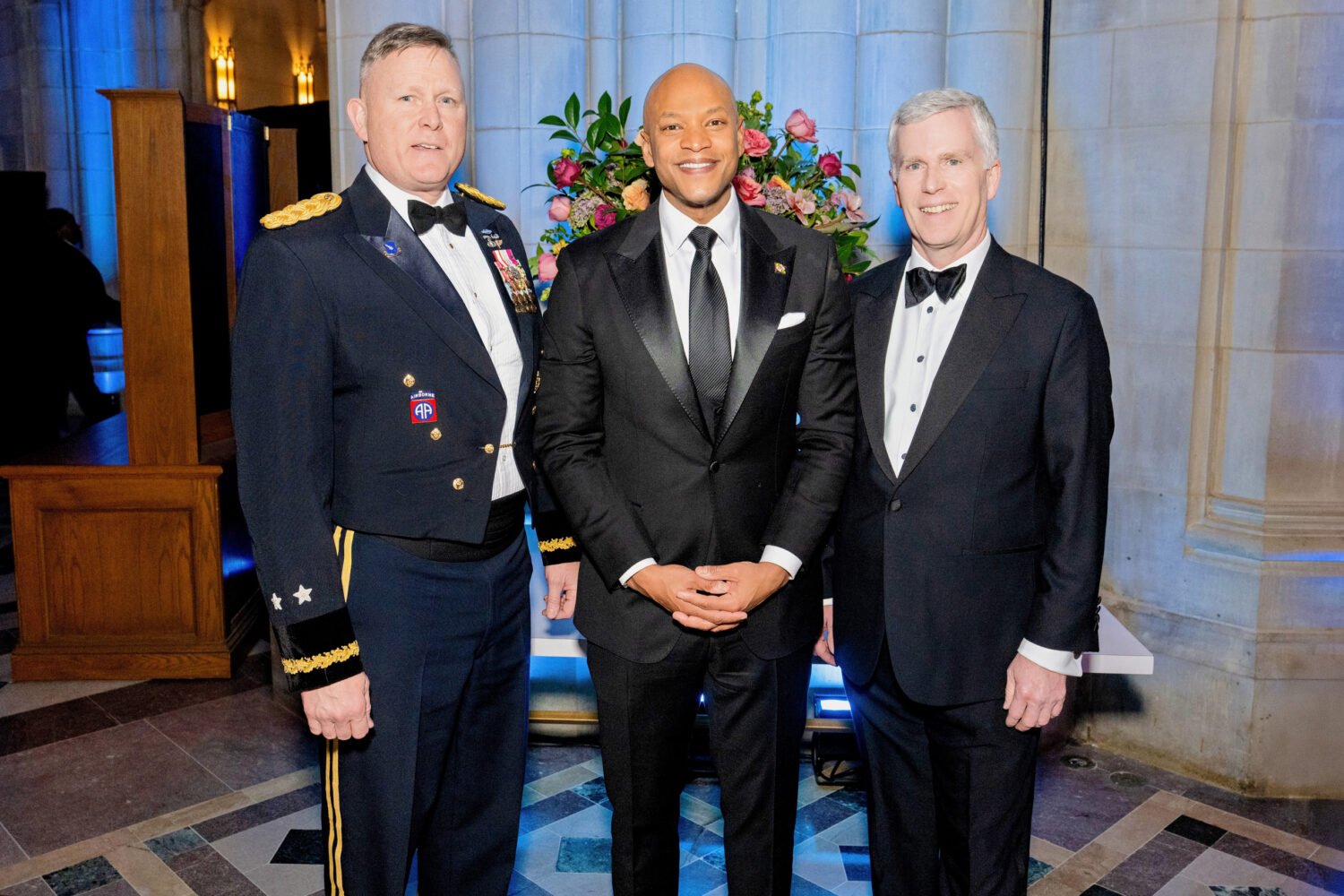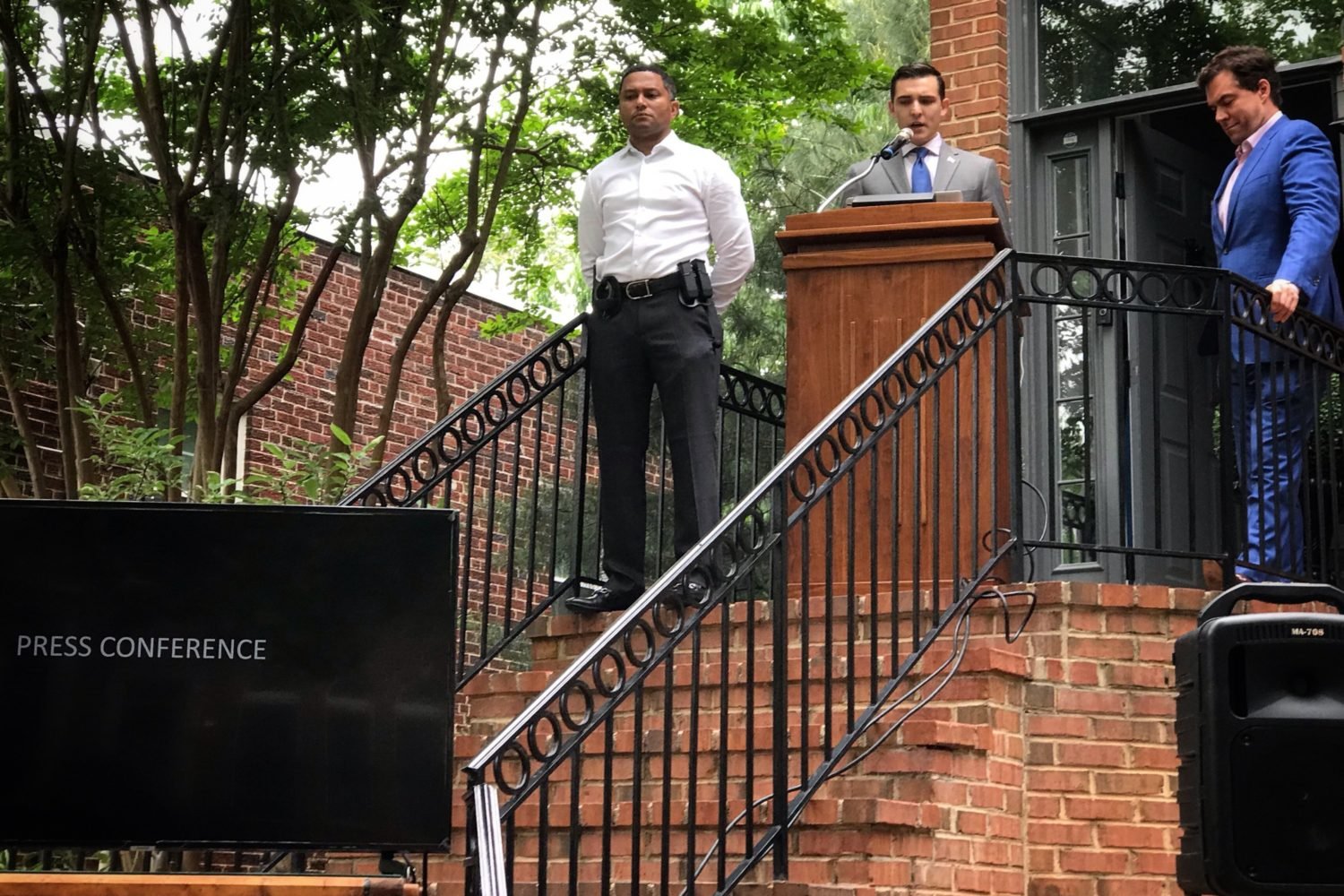
Sarah Chamberlain is tired of having conversations. The President and CEO of the Republican Main Street Partnership—a coalition of GOP lawmakers—has long listened to Congress members talk about valuing women’s issues yet introduce legislation lacking that perspective. Chamberlain wanted to see movement on subjects that she knew women cared about, such as workplace flexibility and student loans. So she did something about it.
In 2014, Chamberlain started Women2Women, a program that brings female Republican legislators directly to women constituents in town halls across the country. Throughout 2016, she listened to voters from California to North Carolina vent their frustrations about the nation’s opioid crisis, mental-health care, and family-leave policy.
But those are just the conversations. We had our own with Chamberlain about how she’s helping translate those listening sessions into legislation, what’s next for the GOP, and how she feels about Ivanka Trump.
You started Women2Women in fall 2014. What was the vision then, and how have you seen it change in the last three years?
The vision was to go out and talk to women and find out what their legislative needs are. But we spent too much time talking about how we got there and who we are. So we’ve actually started to introduce legislation—and pass it—that women tell us they need.
What legislation HAVE you helped usher through?
There were two bills last cycle. Every single stop we made, there were mental-health questions—for so many women, if they’ve got a child who has a mental-health problem, they have no idea where to go and who to call. So we talked to Congressman Tim Murphy, who had had a mental-health bill that had been lying dormant for a few years, a bill that would dedicate 15 beds in each hospital to mental-health care. Our women on the Energy and Commerce Committee and I spent a lot of time with Tim. It is the first major mental-health bill that has passed since JFK.
The other legislation tackles opioid addiction. If there is some type of crisis like that within a family, it usually falls to the woman, the mother, or whomever, to try to handle that. So we came back, worked with [Congress members] Susan Brooks and Evan Jenkins, and passed an opioid-addiction bill.
Which legislators have been particularly eager to hear about your town-hall tours?
Actually, it’s funny you say that—all of them. I know it sounds ridiculous, but the Main Street members when we first started, the men were like, “Okay, have fun!” Now it’s like, “Can you come to my district and do this?” [Congressman] Fred Upton was one of the original big champions of this.
Republicans have every branch now, yet they still couldn’t pass a health-care bill. What happened?
I don’t think the White House really thought the Freedom Caucus would continue to say no. The thought was they’d eventually come around. But they didn’t. So it was a valuable lesson, learned early.
One issue for my members was that funding for opioid-addiction care was removed. But the reality was that the “no” caucus was such a “no” caucus that leadership didn’t even get the chance to address the issues we had—we were looking to go “yes.” That’s the biggest issue between what I call the governing wing of the Republican Party, which is Main Street, and the Freedom Caucus wing.
Let’s talk about Ivanka. How do you feel that she’s shifted conversations around women’s issues, if at all?
It’s nice that somebody in this White House is talking openly about women’s issues. She’s an intelligent woman who’s also an executive and a mother. I think that speaks well for the women in this country. She’s talking a lot about workforce flexibility, which is an issue my members are very much behind. We heard that countless times on tours. I’ll eventually go in and hopefully talk to Ivanka about that.
Throughout 2016 in particular, what DID you hear from women that surprised you?
Not that it really surprised me, but what they really wanted was attention. They want-ed to be seen. I’m proud to feel like I’ve been able to help make that happen.
This article appears in the May 2017 issue of Washingtonian.


